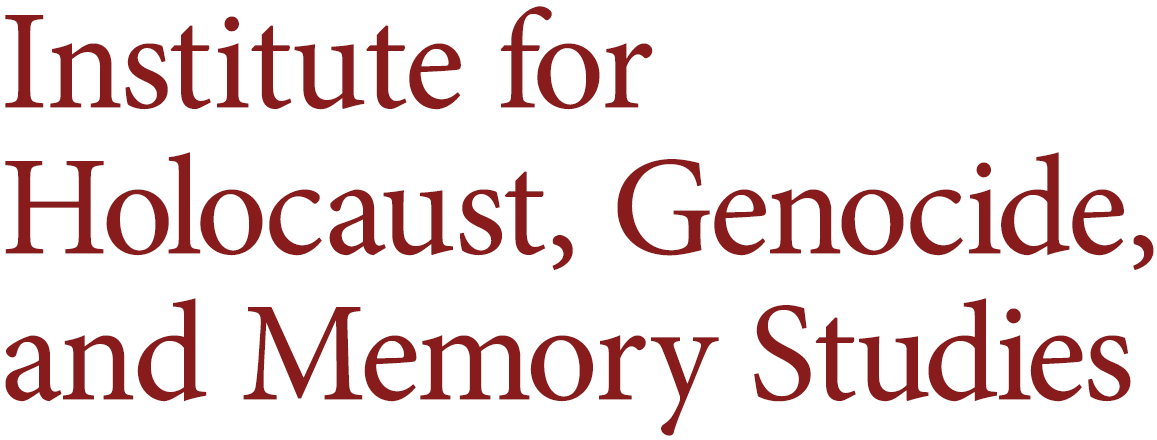Events
Back to calendarThe Healing-Killing Paradox

The Healing-Killing Paradox, Or: Double Consciousness and the Nazi Doctor in Martin Amis’s Time’s Arrow
In his novel, Time’s Arrow, Martin Amis offers a striking case of narrative fiction: the story of a person’s life told in reverse—one in which the life told is that of a former Nazi doctor living under an assumed identity in post-war America. At the same time, the novel’s first-person narrator—who inhabits the body of the Nazi doctor—fails to comprehend the story he tells, even as he also fails to comprehend its backwards trajectory. In this way, Amis presents us with a narrative puzzle that offers a glimpse into the mind and being of a (fictionalized) Nazi war criminal. What is the purpose of such a narrative? Is Time’s Arrow a novel about the problem of narrative time and history? How does perception of events change when viewed uncomprehendingly in reverse? And why go to the trouble of telling a Nazi war criminal’s story in reverse?
In addressing these questions, this talk will propose one possible way, suggested in its own title, of unraveling the puzzle Amis presents in this uncanny Holocaust novel.
Jeffrey A. Grossman is Associate Professor and Chair of the German Department at the University of Virginia where he is also a member of the Jewish Studies and Comparative Literature Programs. His research addresses problems in transmission and knowledge of literature and ideas, generally, and German Jewish and Yiddish writing, in particular. The current talk comes from an essay that will appear in Germany in a volume on reverse and recursive narratives. Grossman is currently at work on a book about early 20th century translation from Yiddish to German and its impact on the perception of East European immigrants and minority culture in German-speaking countries.


